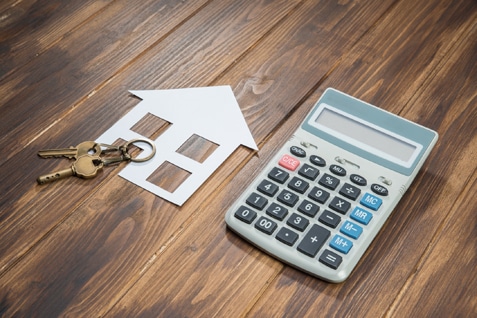From 6 April 2020, the rules on making returns and paying tax which were introduced for non-residents last year are extended to all disposals of UK residential property (even when made by UK residents). We reported on the changes here.
The rules require that, in respect of any disposal of such property, a tax return must be filed and tax paid within 30 days of “completion”. That is a familiar legal concept: where the disposal is made by way of sale under a contract that is completed by a conveyance or other instrument of transfer, the need for a return and tax payment is unlikely to be overlooked by the solicitor or conveyancer.
But what if there is no “completion” in the conventional sense? There are numerous situations in which a disposal occurs for CGT purposes even though there is no contract: everything from gifts and declarations of trust to “deemed disposals” such as the appropriation of an asset to trading stock, partnership changes or compensation receipts where there may be no actual change in ownership of the asset at all.
The new rules also apply to such disposals, and for those purposes there is a special definition of “completion” – it is deemed to take place at the time of the disposal or deemed disposal, so the 30-day period for filing and paying tax runs from that time.
It’s therefore important to get into the mindset that the new rules do not bite only on “completion” in the legal sense, but potentially apply to any actual or deemed disposal, with or without such completion.
There are exclusions from the new rules, but they are very limited:
- “No-gain no-loss” transfers (such as between spouses or civil partners)
- Grant of a lease for no premium to an unconnected party under an arm’s-length bargain
- A disposal by a charity or
- A disposal of pension scheme investments
However, in contrast to the way in which the rules apply to non-residents, you are (if you are UK-resident) absolved from the requirement to file a 30-day return if no tax is payable on the disposal. But take care: changes to the rules on exemption for “main residence” gains mean that tax will in some cases be payable where previously it wasn’t.
For more information on these tax matters, and any non-tax matters presently affecting you and your business, please get in touch with your usual BKL contact or use our enquiry form.
Above all, stay safe and stay well.
This article was republished in TAXline (June 2020) and is available on the ICAEW website to ICAEW members.


